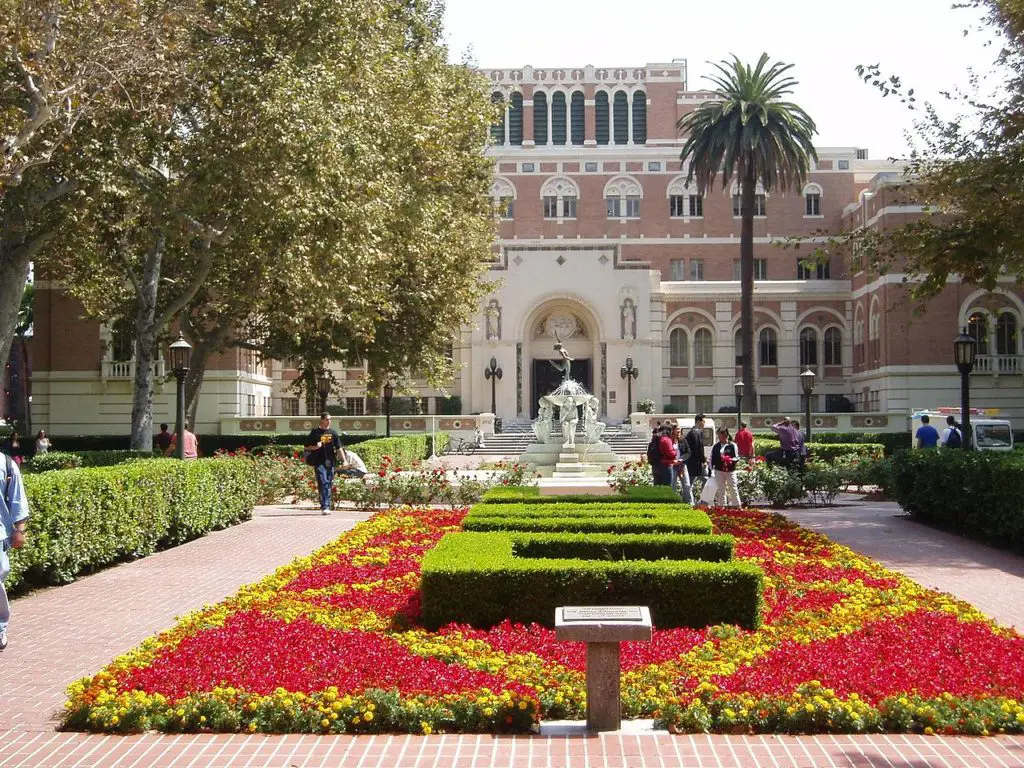Eighty years after the University of California (USC) dismissed more than 100 Japanese students at the height of wartime anti-Japanese hysteria, the university announced that it would publicly apologize and issue honorary degrees to the students from 1942 who could not finish their studies.
The incident took place two months after the bombing of Pearl Harbor when President Franklin D. Roosevelt issued Executive Order 9066, stripping the Nisei — descendants of Japanese immigrants — of their college degrees and forcibly removing them from school. The order upended the lives of around 120,000 Japanese immigrants and their children, who were detained for several years in 10 camps across the West.
According to USC research project “Forgotten Trojans,” the school also refused to release the students’ academic transcripts, taking away their chance to transfer to other schools and further their education.
After years of persistent lobbying from Japanese American students, the university is now urging the public to help find the families of the Japanese students. According to the Los Angeles Times, President Carol Folt will apologize for the actions of former USC President Rufus B. von KleinSmid, who was also antisemitic.
Making Amends
Von KleinSmid argued that releasing the transcripts would imply aiding the enemy. Despite the California Assembly passing a bill in 2008 asking colleges and universities to award honorary degrees to the Nisei detained during World War II, USC refused to act until 2012, when it granted 12 of the 121 students degrees.
Last week, the university announced that it has been in touch with some of the Nisei families but hopes to find more. The USC Alumni Association is rummaging through years of university records to track down these families. The university will honor the 1941-42 students at a gala scheduled for April 2022.
“This is a stained part of our history,” USC Associate Senior Vice President for Alumni Relations Patrick Auerbach told the Los Angeles Times. “While we can’t change what happened in the past, the university can certainly still do right by their families and let them know that we are posthumously awarding them honorary degrees so that they can occupy that place in the Trojan family, which they deserve.”

